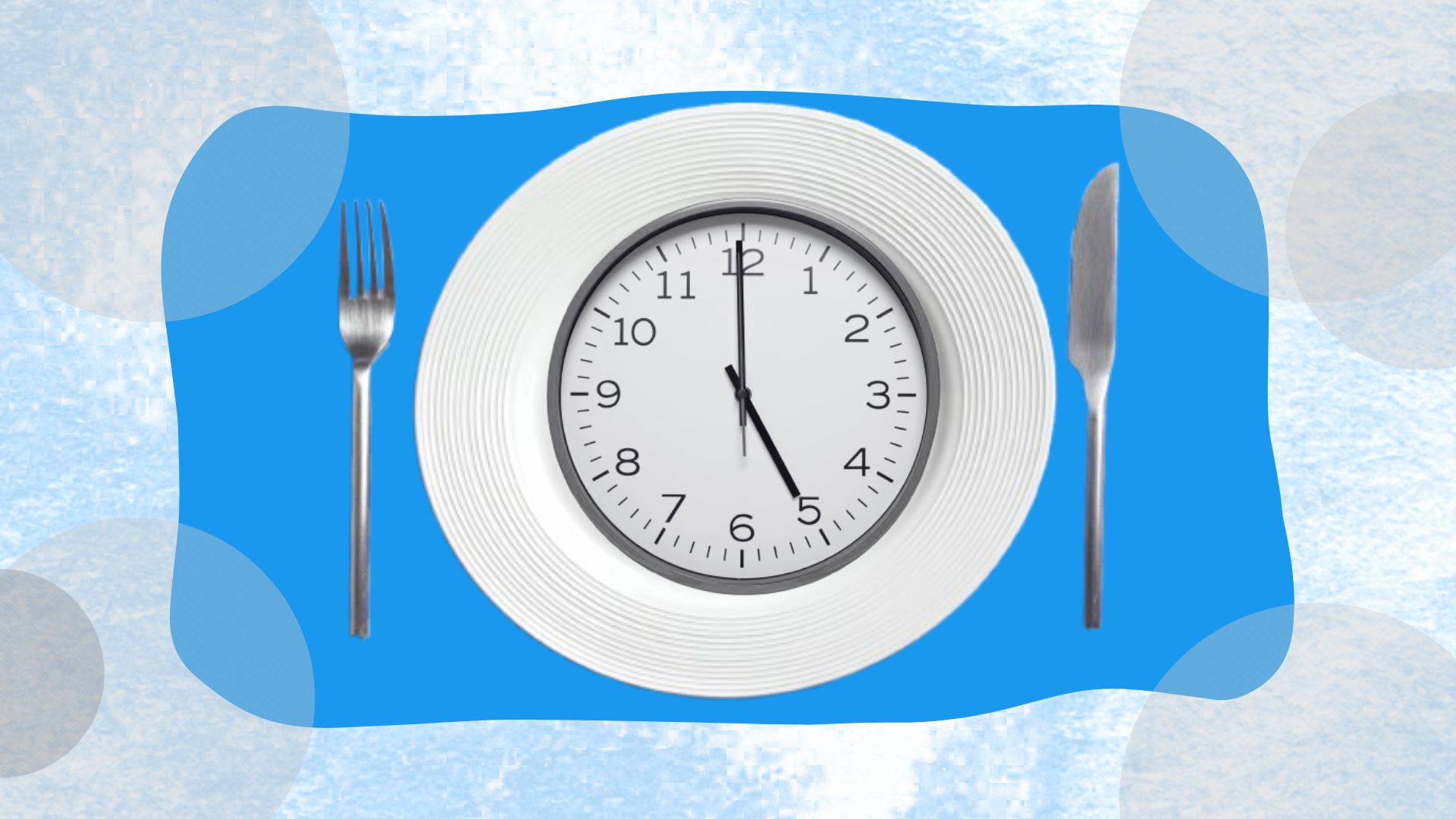Can Intermittent Fasting Transform Your Sleep Habits?

Published: 2025-09-16 21:00:00 | Category: Trump GNEWS Search
Intermittent fasting (IF) is a time-restricted eating pattern that can significantly improve sleep quality. By limiting the eating window and promoting healthier meal choices, many people experience better rest. This article explores the intricacies of intermittent fasting, its benefits for sleep, and expert tips to help you implement it effectively.
Last updated: 20 October 2023 (BST)
Key Takeaways
- Intermittent fasting involves eating during a specific time frame and fasting for the remainder of the day.
- The 16:8 method is one of the most popular forms of intermittent fasting.
- Early dinners can enhance sleep quality by aligning with natural circadian rhythms.
- Staying hydrated is crucial during fasting periods to promote better sleep.
- A balanced diet is essential for maximising the benefits of intermittent fasting.
Understanding Intermittent Fasting
Intermittent fasting (IF) is a method of time-restricted eating that typically occurs over a 24-hour period. According to Lena Bakovic, a registered dietitian, "Intermittent fasting is when an individual eats during a specific part of the day and fasts during the remainder." This pattern can vary widely, but the 16:8 method, where one fasts for 16 hours and eats within an 8-hour window, is particularly well-known.
The 16:8 Method
The 16:8 method entails fasting for 16 hours and consuming meals within an 8-hour timeframe. For instance, if you finish dinner by 5pm, your first meal the next day would be at 9am. This structure allows your body ample time to digest food and helps stabilise your blood sugar levels.
Three Ways Early Dinners Transformed My Sleep
Implementing early dinners as part of my intermittent fasting journey led to several notable improvements in my sleep quality:
1. Helped Me Fall Asleep Faster
Eating dinner by 5pm meant I was ready for sleep by 10pm. With sufficient time for digestion, my body focused on winding down rather than dealing with an overloaded stomach. I also noticed fewer symptoms of blood sugar crashes, such as rapid heartbeat and headaches, which often disrupt sleep.
2. Encouraged Healthier Eating Choices
Breaking my fast in the morning with nutritious foods like nuts, plain Greek yoghurt, and fruits enhanced my overall diet. By focusing on balanced meals and avoiding refined sugars and simple carbohydrates at night, I ultimately improved my gut health, which is crucial for quality sleep.
3. Maintained Hydration
Staying hydrated during fasting is vital, as inadequate hydration can lead to shorter sleep durations. I ensured I consumed non-caloric beverages like water, herbal teas, and occasionally green tea in the morning, while avoiding caffeine and alcohol close to bedtime to prevent sleep disturbances.
Why Intermittent Fasting Improves Sleep
According to Bakovic, intermittent fasting positively affects sleep by balancing blood sugar levels and stabilising hormones. "Intermittent fasting can theoretically stabilise blood sugar levels, reducing energy fluctuations," she explains. Furthermore, aligning eating patterns with natural circadian rhythms can enhance sleep quality by preventing digestive issues that might interrupt rest.
Expert Tips for Intermittent Fasting to Improve Sleep
For anyone considering intermittent fasting to enhance sleep, Bakovic shares valuable advice:
1. Take a Gradual Approach
Transitioning to intermittent fasting should be done gradually. Bakovic suggests individuals tailor their eating windows to align with their biological clocks. "A gradual approach is the best place to start," she advises, pointing out that consistent sleep and wake times optimise circadian regulation.
2. Emphasise Hydration
Staying hydrated is essential, especially for older adults who may face increased dehydration risks. Bakovic highlights that many medications can diminish the sensation of thirst, making it crucial to monitor fluid intake during fasting periods.
3. Focus on Balanced Meals
A balanced diet rich in whole foods, including fruits, vegetables, fibre, healthy fats, and lean proteins, maximises the benefits of intermittent fasting. Bakovic recommends avoiding heavy meals in the last few hours of your eating window and steering clear of caffeine and alcohol during fasting periods.
Who Should Avoid Intermittent Fasting?
While intermittent fasting can offer numerous benefits, it isn't suitable for everyone. Bakovic cautions against fasting for:
- Individuals with a history of eating disorders.
- Those who are pregnant or breastfeeding.
- People with certain medical conditions, such as diabetes, without proper medical supervision.
- Anyone taking medications that require consistent food intake.
Conclusion
Intermittent fasting, particularly the 16:8 method, can be an effective approach to improving sleep quality. By eating earlier in the evening, maintaining hydration, and focusing on balanced nutrition, you can significantly enhance your sleep experience. As with any dietary change, it’s essential to consider your personal health circumstances and consult a healthcare professional if needed.
How might adjusting your eating schedule impact your sleep quality? #IntermittentFasting #BetterSleep #HealthyEating
FAQs
What is intermittent fasting?
Intermittent fasting is a dietary pattern that cycles between periods of eating and fasting. It usually involves limiting food intake to a specific time window each day, such as the 16:8 method, where one eats for eight hours and fasts for 16 hours.
How does intermittent fasting improve sleep?
Intermittent fasting can enhance sleep by stabilising blood sugar levels, reducing energy fluctuations, and aligning mealtimes with natural circadian rhythms, which can lead to better digestion and less discomfort at night.
What should I eat during my eating window?
Focus on balanced meals that include whole foods, rich in fruits, vegetables, fibre, healthy fats, and lean proteins. Avoid refined sugars and heavy meals close to bedtime to maximise sleep quality.
How important is hydration during fasting?
Hydration is crucial during fasting, as inadequate water intake can negatively impact sleep quality. It’s essential to drink non-caloric beverages like water and herbal teas throughout the fasting period.
Who should not practice intermittent fasting?
Individuals with a history of eating disorders, pregnant or breastfeeding women, those with specific medical conditions, and anyone on medications requiring consistent food intake should avoid intermittent fasting without professional guidance.



